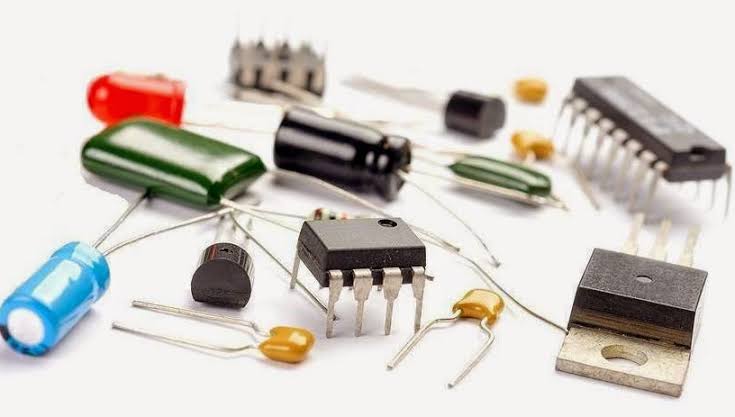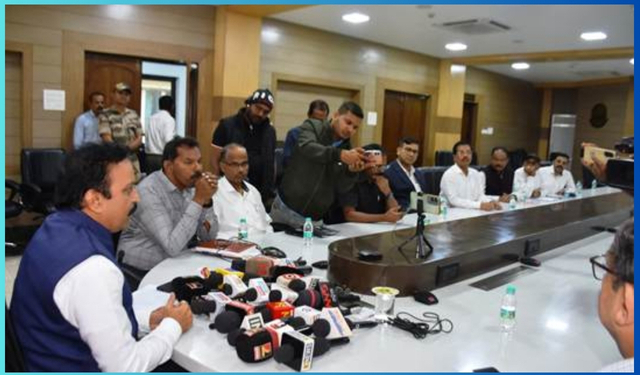Odisha Unveils Electronics Component Manufacturing Policy 2025

State aims to become a hub for high-tech manufacturing, reduce import dependence, and generate skilled jobs
Bhubaneswar : The Odisha Cabinet approved the ‘Odisha Electronics Component Manufacturing Policy 2025’, a landmark initiative designed to transform the state into a major hub for electronics manufacturing. Spearheaded by Chief Minister Mohan Charan Majhi, the policy seeks to reduce India’s reliance on imported components while creating new opportunities for high-skilled employment.
The newly launched policy offers one of the most comprehensive incentive packages in the country. Investors in electronics component manufacturing will be eligible for a 50% capital subsidy for the first ten large-scale projects. Companies may also choose from a mix of matching subsidies, turnover-linked incentives, and additional capital subsidies, depending on their investment model.
To further encourage investment, the policy extends a range of non-fiscal benefits, including:
* Land allocation and rental assistance for setting up manufacturing units.
* A decade-long exemption from electricity duty.
* Power tariff reimbursements to reduce operational costs.
The state government believes this framework will not only attract global players but also boost participation from domestic firms eager to expand in India’s fast-growing electronics sector.
To drive large-scale investments, the policy introduces special incentives for mega projects—defined as those involving investments of over ₹500 crore or generating more than 1,000 jobs. Such projects will be eligible for customized concessions tailored to their scale and requirements, ensuring greater flexibility for investors.
Officials highlighted that these measures will help Odisha compete with other states actively positioning themselves as electronics manufacturing hubs.
The Odisha policy complements the Centre’s Electronics Component Manufacturing Scheme (ECMS) 2025, which was approved earlier this year by the Union Cabinet. The ECMS aims to boost domestic production of passive components such as resistors, capacitors, and inductors—critical inputs for consumer electronics, automobiles, defense, and other high-tech industries.
India’s electronics sector has witnessed rapid growth in assembly and finished goods manufacturing in recent years. However, a heavy dependence on imported components has remained a key weakness. Odisha’s initiative directly addresses this gap by encouraging value addition within the country.
With this dual approach—support from both the Centre and the State—Odisha is positioning itself as a crucial player in India’s push for self-reliance in electronics manufacturing. Officials expect the policy to:
* Generate thousands of high-skilled jobs for engineers, technicians, and professionals.
* Foster technology transfer and collaborations with global manufacturers.
* Encourage the growth of ancillary industries, including logistics, testing, and packaging.
* Strengthen Odisha’s integration with global supply chains.
“The policy will not only reduce import dependency but also establish Odisha as a preferred investment destination for electronics component makers,” a senior government official said.
The move underscores Odisha’s ambition to diversify its industrial base beyond mining and heavy industries. By focusing on electronics manufacturing, the state aims to capture a larger share of India’s rapidly growing digital economy.
Industry analysts suggest that the policy could trigger a wave of investments in the coming years, particularly if the state successfully implements its infrastructure and incentive commitments. With global demand for electronic components expected to surge, Odisha’s strategy may well set the stage for a new chapter in the state’s economic transformation.









